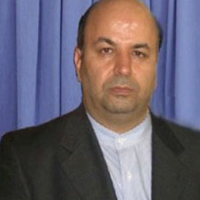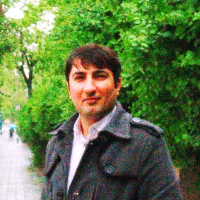Artificial Intelligence and Paradigm Shift in the Theory and Practice of International Relations
Determined by the dynamic nature of international relations as well as the concern of peacemaking, the field of international relations has experienced many paradigmatic developments and discourse debates in the theoretical, methodological and epistemological fields. Liberalism can be considered as the first theoretical paradigm of international relations, which emerged under the influence of idealistic ideas in the post-World War I era which marginalized with the start of World War II. The second paradigm shift began with the rise of realism in the post-World War II era. During this period, power became the main keyword in international relations literature. The third paradigmatic shift in the theory of international relations occurred after the collapse of the Soviet Union. Although the third development can be considered as the most pluralistic theoretical period in the 100-year life of the field of international relations, in this period, the theories of neoliberalism and neuralism, in a relatively balanced way, have dominated the analytical and scientific field of this field. In the present era, new developments such as the emergence of Artificial Intelligence have the potential to affect the paradigm shift in the theory and practice of international relations. The hypothesis of the present study, using the theoretical framework of Thomas Kuhn's scientific revolutions, is based on the premise that artificial intelligence by empowering non-governmental actors such as holdings and large companies, has led to the further erosion of the sovereignty of states and can bring about the fourth paradigm shift in the field of international relations.
-
Evaluating the Relationship between Model Legislation of Inter-Parliamentary Assemblies and Regional Convergence in the Commonwealth of Independent States
Mohammadreza Majidi, Gholamreza Khademi *
Majlis and Rahbord, -
Iran’s Look East Strategy and Sino-Iran Rapprochement: Indian Vision
, Rajdeep Singh
Iranian Review of Foreign Affairs, Summer-Autumn 2022 -
Internationalization of Iran's Deterrence in the Middle East, Eurasia and South Asia
*
Central Eurasia Studies, -
Sectarian Model of Power Distribution and Political Efficiency in Governmental Structure of Iraq and Lebanon
*
Geopolitics, Winter 2023



